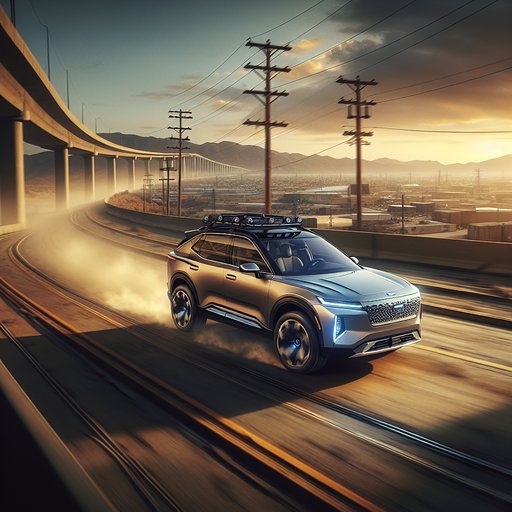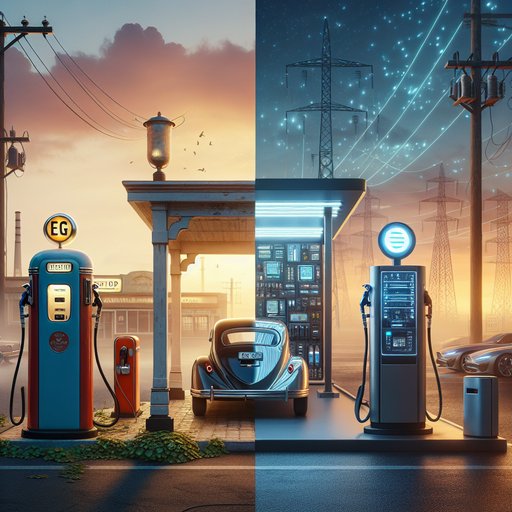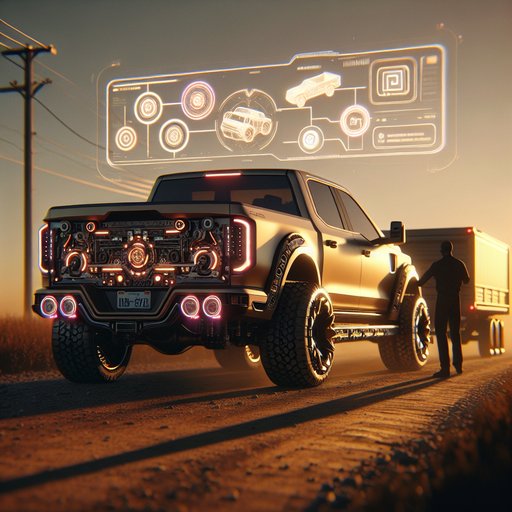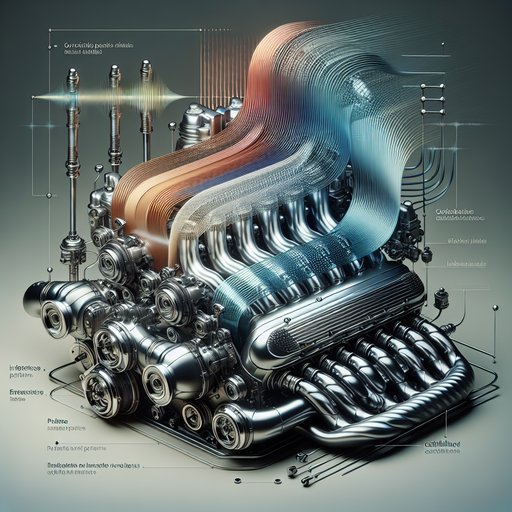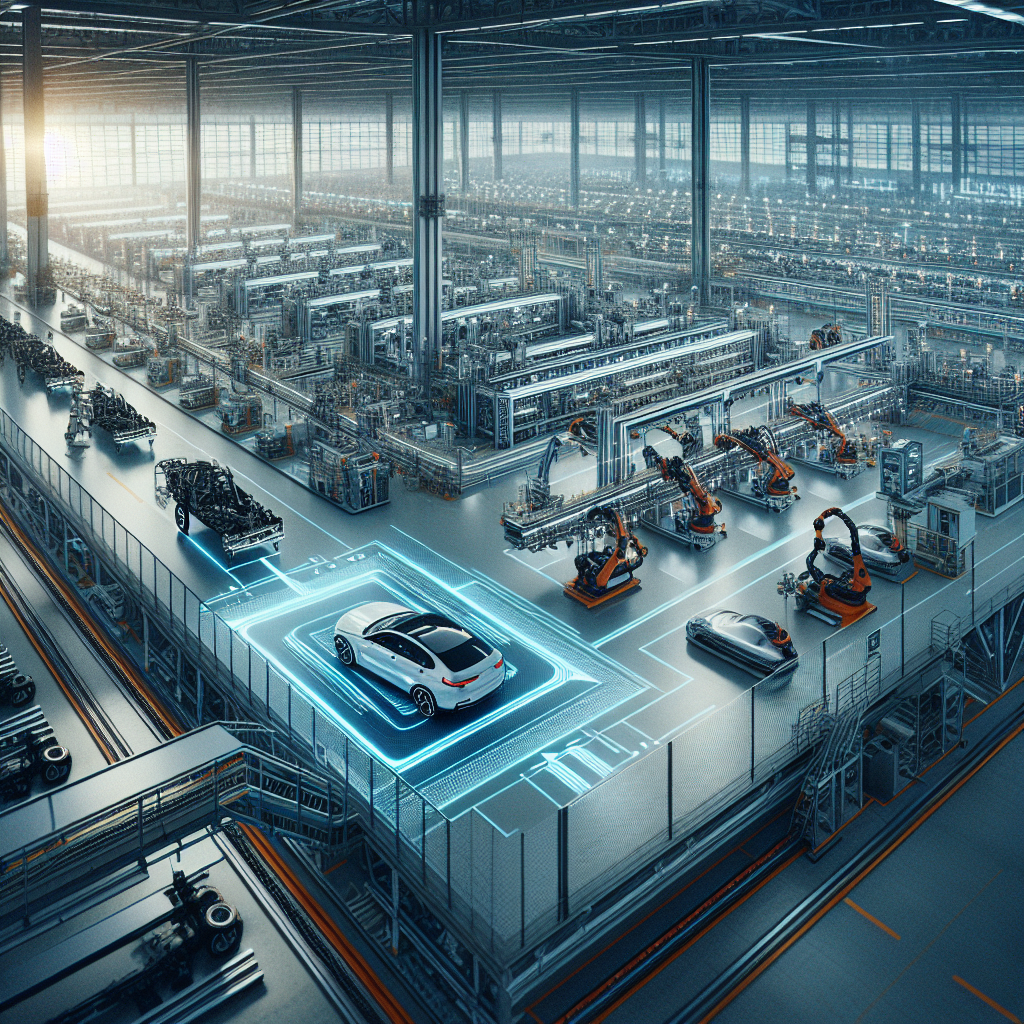
The automotive manufacturing landscape is experiencing significant transformations as major manufacturers adapt their production capabilities and embrace new technologies. Recent developments include BMW's technological advancement in manufacturing, Ram's expansion in Australia, and Jaguar Land Rover's recovery from operational challenges.

Electric vehicle manufacturers have reported significant sales growth in their latest quarterly results, even as the industry faces mounting challenges. While startups like Lucid and Rivian celebrate record deliveries, traditional automakers are navigating a complex landscape of changing incentives and market dynamics, with some manufacturers already adjusting their forecasts in response to global economic pressures.

Significant workforce changes and legal negotiations are reshaping two major industries this month. Danish renewable energy giant Ørsted announced substantial job cuts, while NASCAR and racing teams work toward resolving their antitrust dispute through court-mandated mediation, marking important developments in both the energy and motorsports sectors.

A series of significant safety recalls has swept through the automotive industry, affecting multiple manufacturers and hundreds of thousands of vehicles. The issues range from fire hazards to autonomous driving concerns, with Tesla's Full Self-Driving system coming under renewed scrutiny from federal regulators. The National Highway Traffic Safety Administration (NHTSA) has launched a fresh investigation into Tesla's FSD technology following reports of 58 crashes [1].
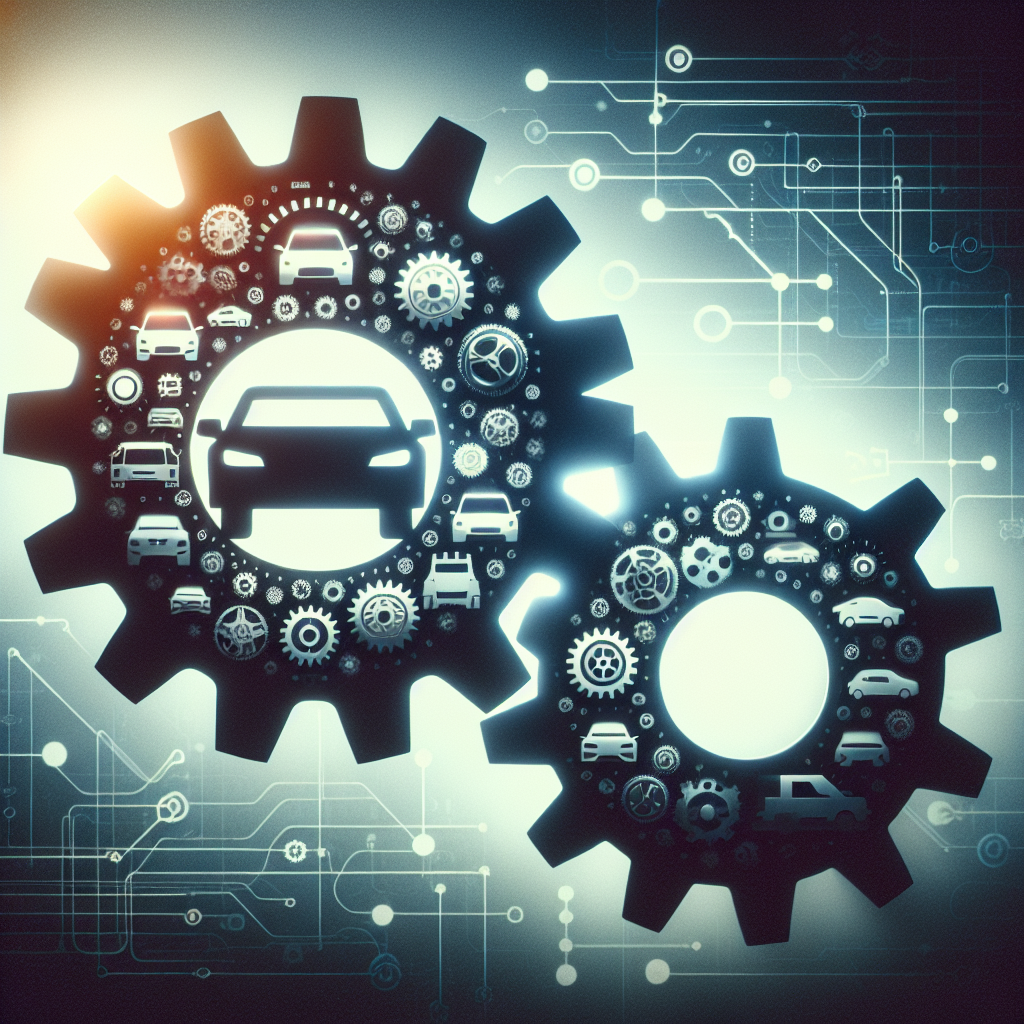
Recent strategic moves in the automotive sector highlight significant developments in manufacturing, simulation technology, and autonomous vehicles. From private equity acquisitions to innovative partnerships and milestone valuations, these developments demonstrate the industry's continued evolution toward advanced technology and sustainable transportation solutions.

Major developments across semiconductor manufacturing, clean technology exports, and logistics are reshaping global supply chains. While semiconductor prices rise and talent shortages persist, new manufacturing hubs are emerging in Europe, and China continues to dominate clean technology exports. Meanwhile, major logistics companies are pushing for greener transportation solutions across Europe.
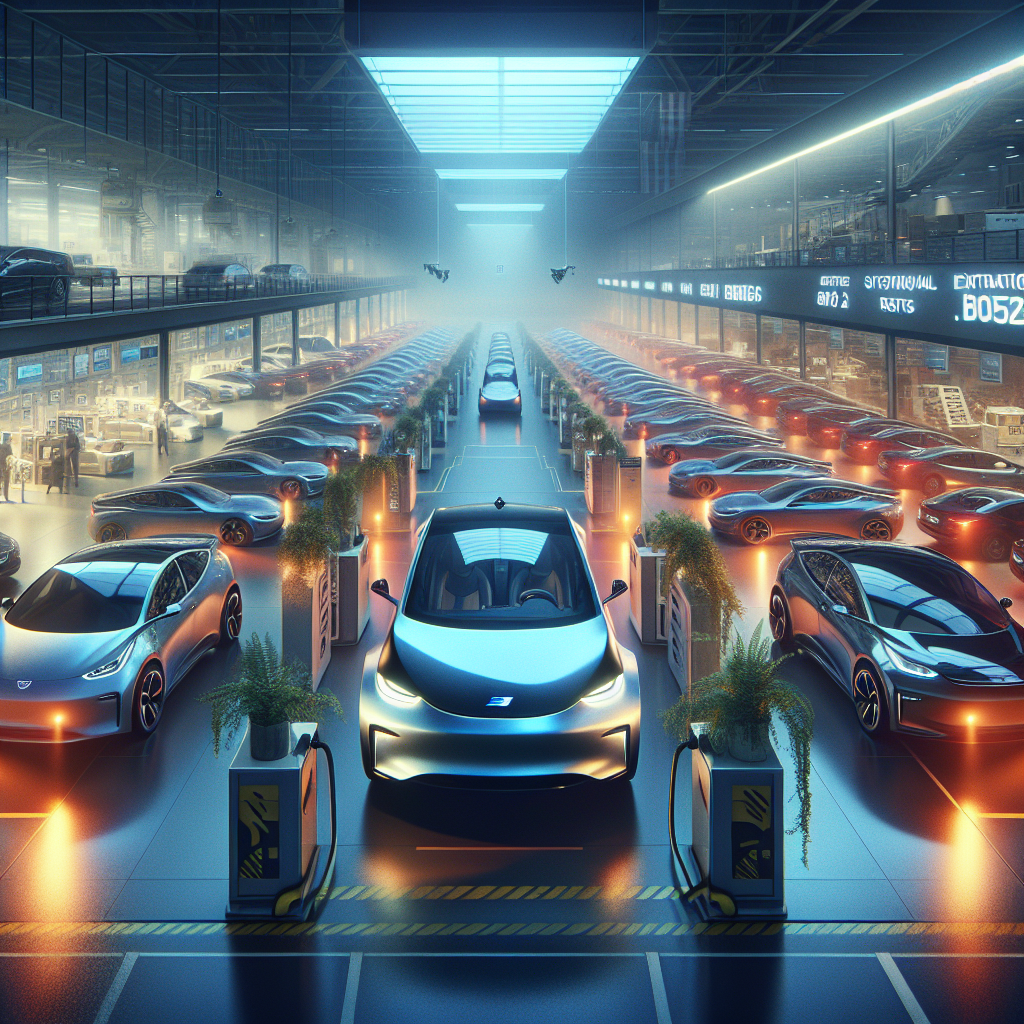
As federal tax incentives for electric vehicles expire in the United States, automakers are implementing diverse strategies to maintain sales momentum. From dramatic price cuts to manufacturer-backed rebates, companies are working to keep EVs attractive to consumers despite the loss of the $7,500 federal tax credit. Meanwhile, international markets show contrasting approaches to EV adoption incentives.

The European electric vehicle landscape is experiencing significant changes as Chinese manufacturer BYD continues to strengthen its market position while traditional leaders adapt their strategies. Recent market data shows evolving consumer preferences and manufacturing adjustments among key players, reflecting broader shifts in the continent's EV ecosystem.
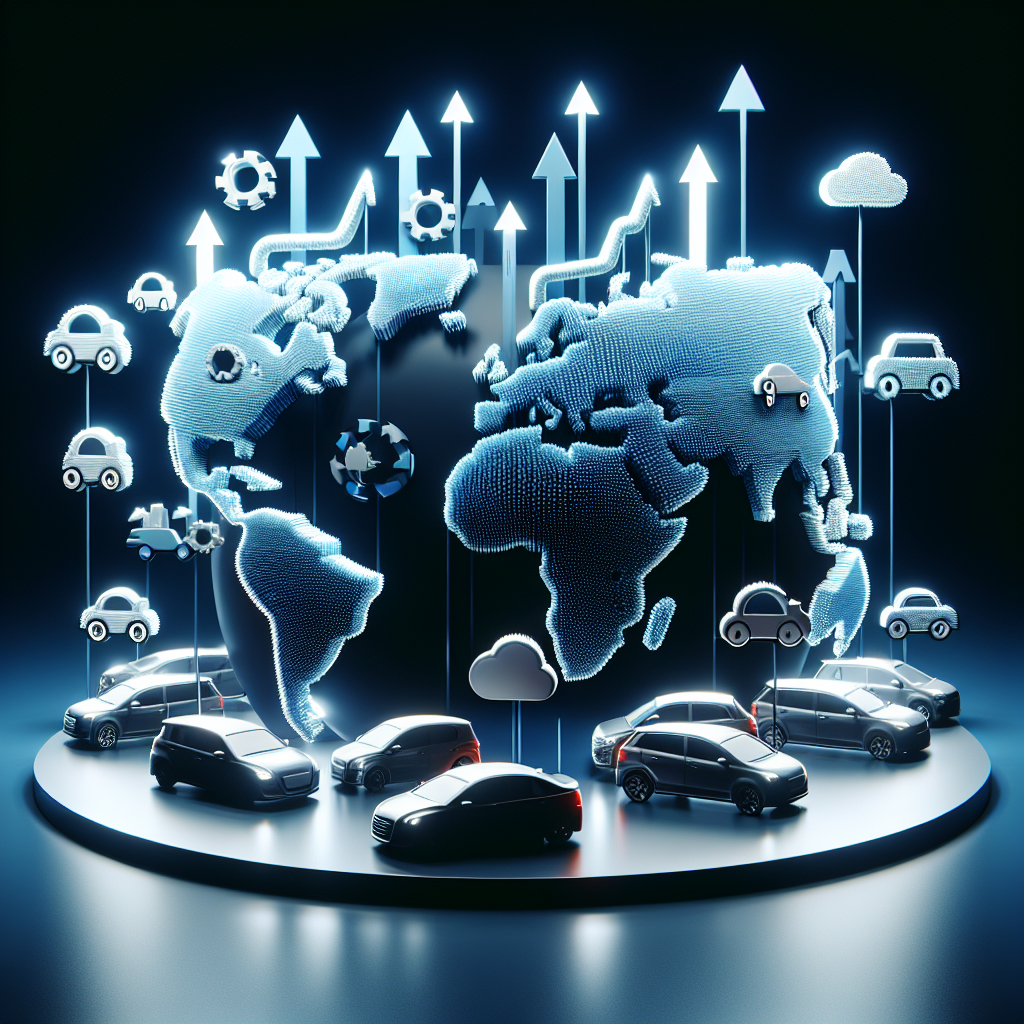
The global automotive market continues to evolve with significant regional variations in sales performance. Toyota maintains its strong momentum with an eighth consecutive month of growth, while electric vehicle manufacturers make notable gains in key markets. European markets show interesting shifts in consumer preferences, with crossovers and compact vehicles leading the sales charts.

The automotive market is showing interesting dynamics as manufacturers adopt different strategies to manage sales and inventory. While Ford is taking aggressive steps to boost F-150 sales through innovative financing options, Toyota continues to grapple with supply chain challenges that limit its ability to meet customer demand, highlighting the contrasting situations major automakers face in today's market.


